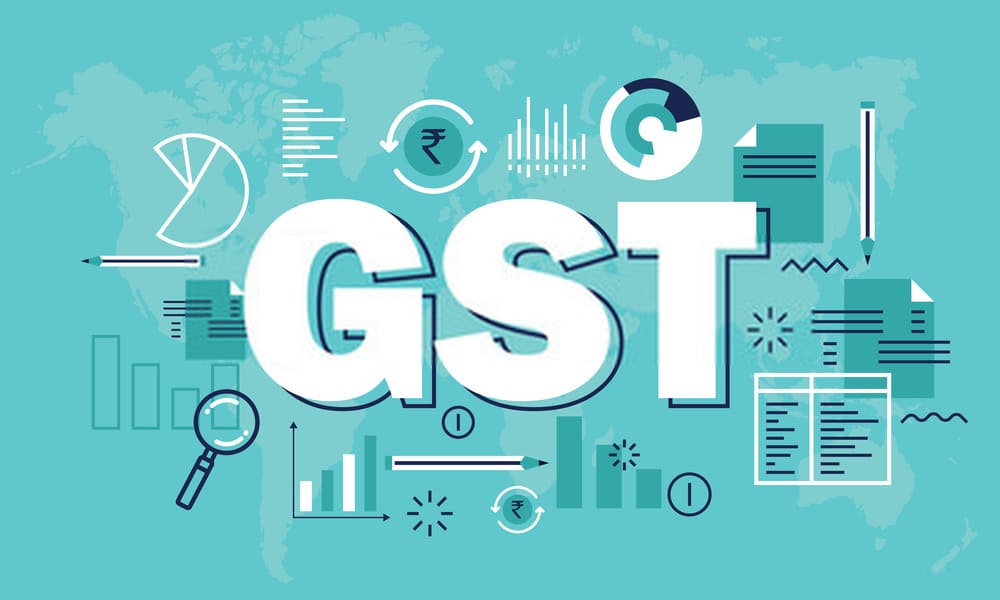The GST Constitution (122nd Amendment) bill, 2014 on Goods and Service Tax has been presented in the Parliament on the 19th of December, 2014. GST is the biggest ever tax reform after the independence. In the earlier article GST the game changer part – I, we discussed the impact of GST on the tax structure. In the present article emphasis is laid on the salient features of the Constitutional Amendment Bill, 2014 and its impact.
As per the said Bill, the term ‘GST’ is defined as “any tax on supply of goods or services or both except taxes on supply of the alcoholic liquor for human consumption”. It means all the goods and services, except alcoholic liquor for human consumption, will be brought under the purview of GST. Further, Article 366 (26A) provides that “services means anything other than goods”.
Therefore all services will be covered under the scope of GST unless “negative list of services” are separately notified.
It has been proposed that, both Centre and States will simultaneously levy GST on each transaction of Goods and Services. Centre would collect Central Goods and Services Tax (CGST) and States would collect the State Goods and Services Tax (SGST) on all transactions within a State. In case of inter-state supply of goods and services there shall be levied Integrated Goods and Services Tax (IGST) by centre, in case of import of goods, it shall attract Basic Customs Duty and IGST and in case of import of Services, it will attract IGST.
At present, number of restrictions are in place to avail Cenvat Credit. After introduction of GST, it is expected that, there will be not be any exclusions and credit will be admissible on goods and services without any exception, i.e. means cross utilization of credit of CGST between goods and services. Similarly, the facility of cross utilization of credit will be available in case of SGST. However, the cross utilization of CGST and SGST may not be allowed.
The Bill provides that the administration of GST would be the responsibility of the GST Council which would then become the apex indirect tax policy making body of the country. A new Article 279A has been introduced for creation of a Goods & Services Tax Council which will be a joint forum of the Centre and the States. The council would function under the Chairmanship of the union Finance Minster.
The GST Constitution (122nd Amendment) bill, 2014 on Goods and Service Tax is yet to take form of Act. It requires two-third majority in the Parliament to get this bill passed and further, approval of majority of the state assemblies. Looking to the positive approach of the Government, it seems that GST shall see the light in April, 2016.
